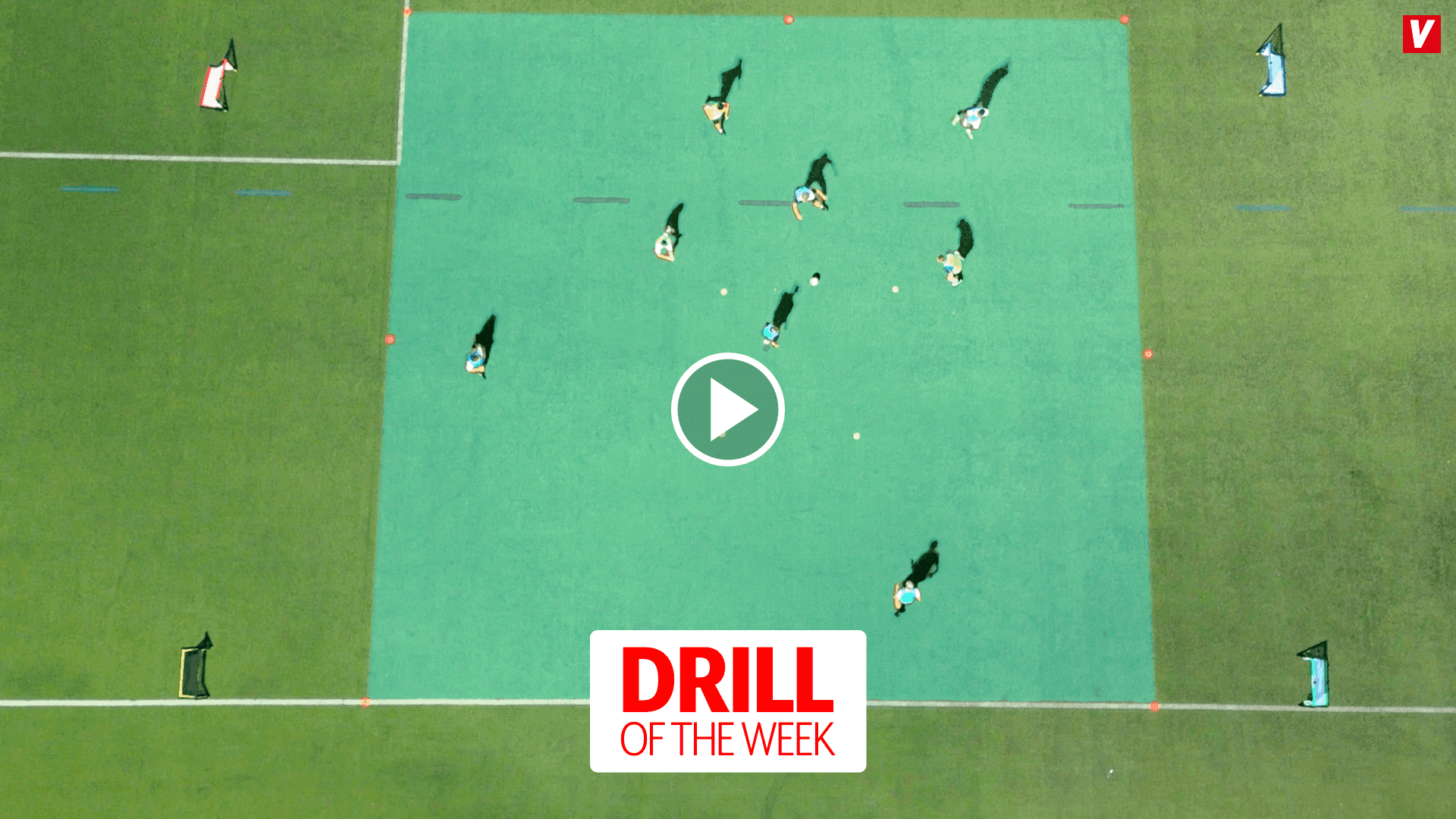If a player challenges your authority in front of the group, it’s important to stay calm and control the pace of the conflict resolution. This approach is more effective and helps build credibility.
To start, it’s worth mentioning that this type of situation, though undoubtedly unpleasant, happens to every coach at least once in their career. Personally, I don’t know a single coach who hasn’t faced such issues during careers that can span thirty, forty, or even fifty years. This is to emphasize that these incidents don’t necessarily reflect a lack of control or expertise. In the vast majority of cases, it’s a brief outburst caused by frustration, anger, or a feeling of injustice—emotions that accelerate and amplify a person’s internal discomfort. However, the question remains: what approach should you take in the face of inappropriate and disrespectful behavior?
Avoid Reacting in the Heat of the Moment. The coach, and only the coach, should decide the pace of conflict resolution.
I’ve known very experienced coaches who followed the "three wise monkeys" approach: hear no evil, see no evil, speak no evil. While this may seem like avoidance, it’s actually a conflict-avoidance strategy that can defuse many potential issues before they escalate and become more problematic over time. The coach who “didn’t hear it” doesn’t lose face, whereas the one who reacts may end up dealing with a situation that spirals out of control. However, in some cases, the disrespect is too blatant to ignore, and the coach must intervene. My advice is to avoid reacting impulsively. The coach, and only the coach, should set the pace for resolving the incident by allowing time for adrenaline and emotions to settle. This is particularly crucial if the disrespect occurred openly in front of the group. In such situations, the coach should intervene without escalating the situation uncontrollably.
The Role of Assistants and the Institution
One of the best approaches is often to delay the response by sending the player to the locker room, with a calm and controlled promise of addressing the issue later. Additionally, in these situations, assistant coaches can play a role by stepping in to prevent the head coach from being in the spotlight immediately. The entire staff should stand together to express disapproval of the player’s behavior. It’s clear that the coach will need to hold the player accountable once the immediate risk of escalation has passed. More broadly, the coach must understand that the organization comes first, and it’s essential to avoid letting pride interfere. The coach’s ego may have been bruised, the coach may have been insulted by the players actions, but the coach must remember that his or her self-interests are not as important as what is in the best interest of the team, the group and of course, the club. This is particularly challenging for coaches who, by nature, are often strong-willed leaders. However, if the disrespect is serious and obvious, the organization should step in to stand by the coach. The message should be: “Regardless of the player’s status, whether they’re a key player, young or experienced, the club supports the coach’s decisions.” Without this clear, non-negotiable stance, the coach risks being undermined and losing authority over time.

The Consequences of the Decision Often Matter More Than the Incident Itself
One day, a player I had coached in the youth national team, who was now playing regularly in Ligue 1, called me in a panic. His coach had substituted him, and in his frustration, the player had refused to shake the coach’s extended hand in front of 30,000 spectators and in view of the TV cameras! He later realized, too late, that this was a blatant act of disrespect, but he wasn’t sure how to make amends. I advised him to send his coach a message that evening to apologize and ask if he would accept his apology, which the coach did. The next step was to acknowledge his mistake in front of the team, and if necessary, in front of the media since the offense occurred in public. He did so, and life went on. By handling it this way, the player admitted he made a mistake in the spur of the moment, but also showed integrity by acknowledging it. Ultimately, this incident brought about more good than harm, proving that the impact of an event is closely linked to how it’s managed. Often, the consequences of the decision to resolve an issue are more significant than the incident itself.
Is It Harder Now Than Before?
Social media has drastically changed the dynamics. Today, with platforms like Facebook, TikTok, or Instagram, young people feel empowered to express their opinions on everything and at any moment. This trend is evident in soccer, where many of the filters that used to structure social hierarchies and relationships across different generations have disappeared. However, I believe that soccer, today as in the past, remains a “school of life” with its own logic and specific structure. Players need to understand that if they cross the line, there will be consequences.
In Summary
When confronted with disrespect from a player:
- Stay calm,
- To handle it better, delay addressing the disrespect immediately,
- Favor non-violent communication,
- Address the group if the disrespect was in public,
- Adapt conflict management to the group’s dynamics,
- Initially, let the staff intervene and inform the organization if need be (in the case of a serious offense).

Collective possession, changes of pace, offensive and defensive transitions... This week's game, featuring 4 mini-goals, addresses essential themes. Try it out in training!
‘Debacle,’ ‘non-match’—there's no shortage of phrases to describe an unworthy performance. How can the team be put back on track? Hakim Malek answers this question.

Shooting at goal is good, but shooting under pressure followed by a transition of play is even better! Illustrated by the image in this weekly drill.


